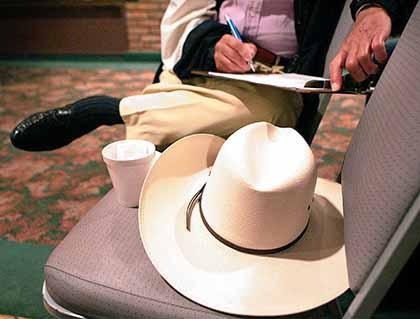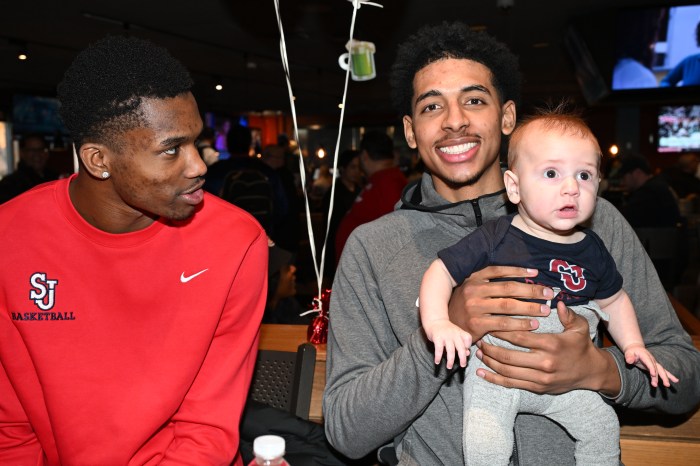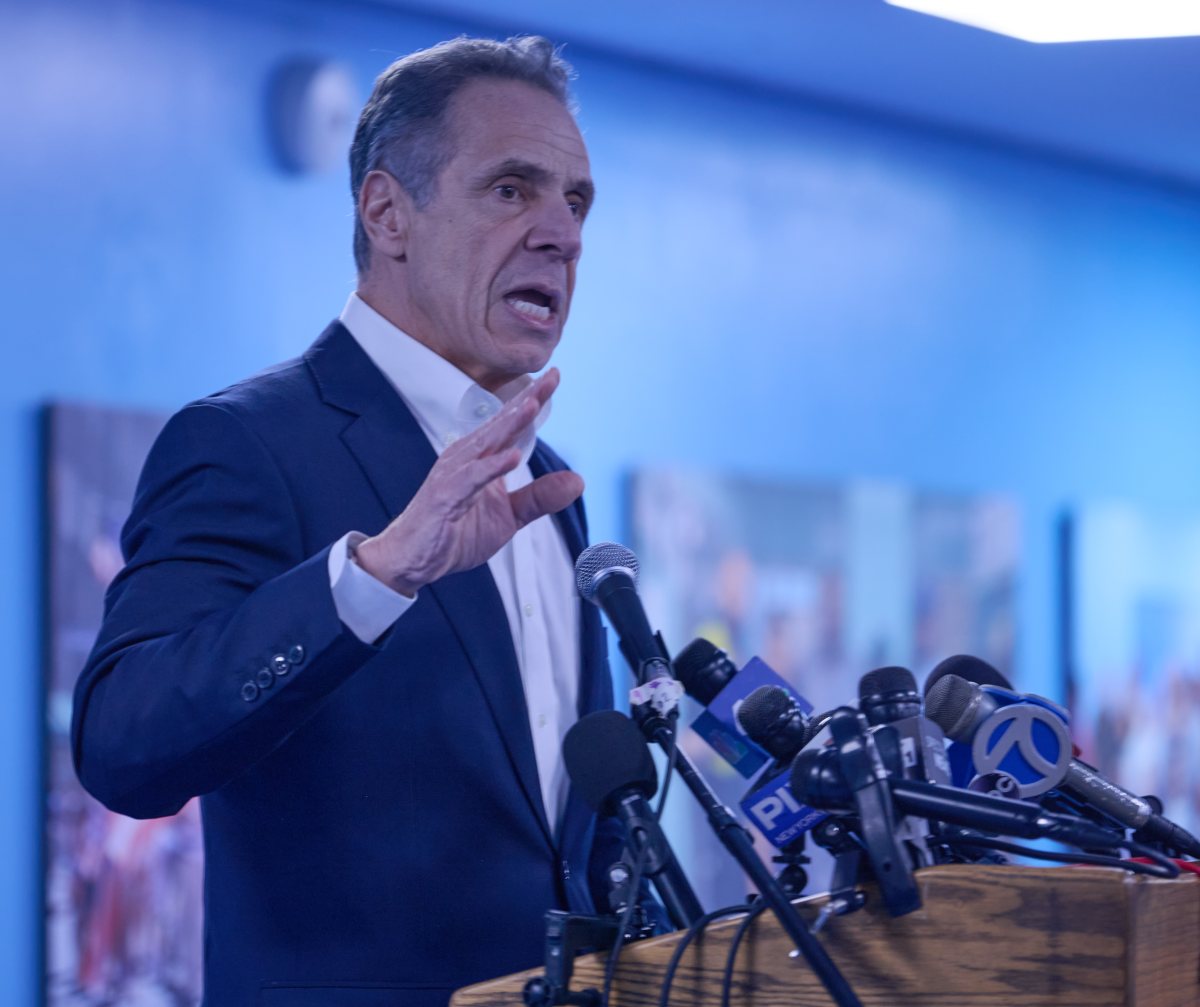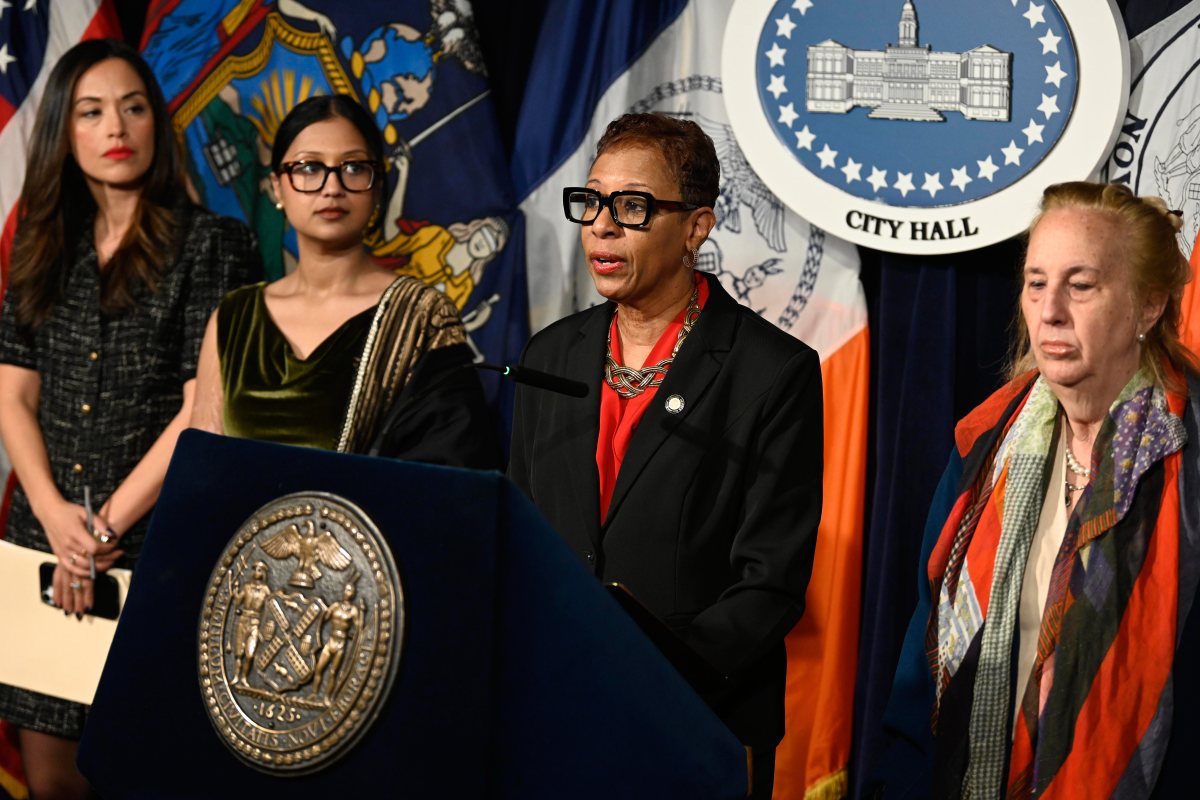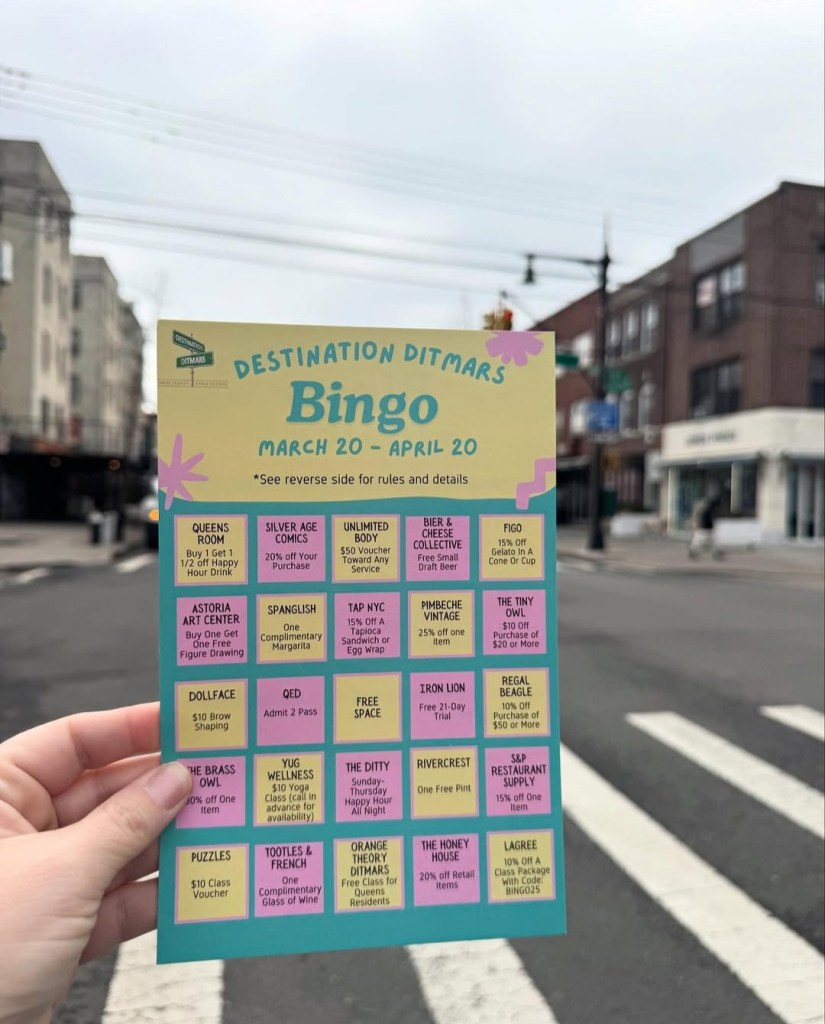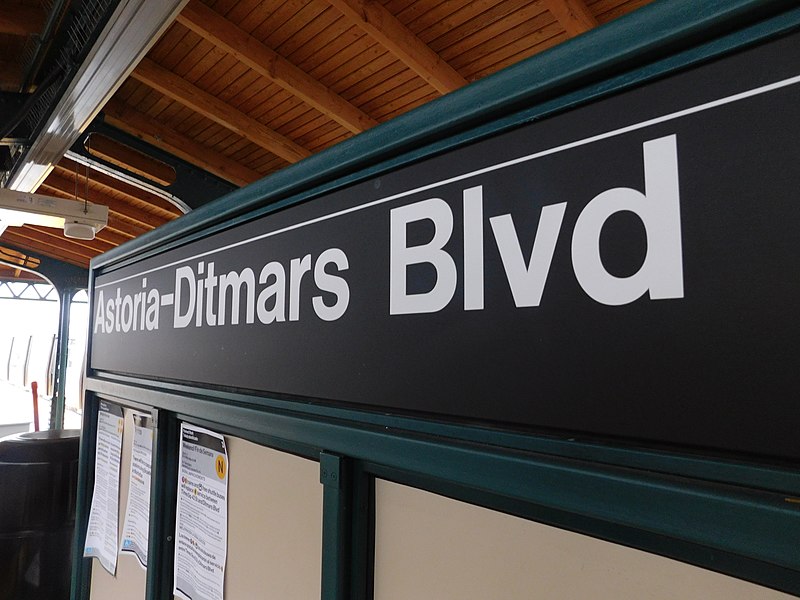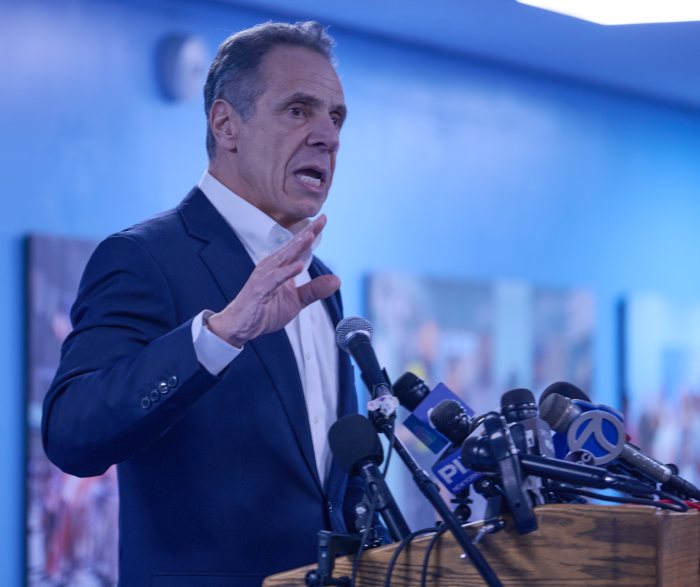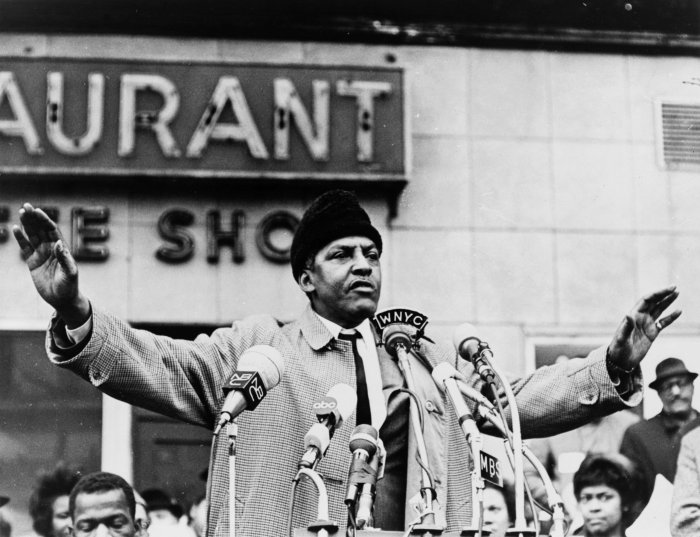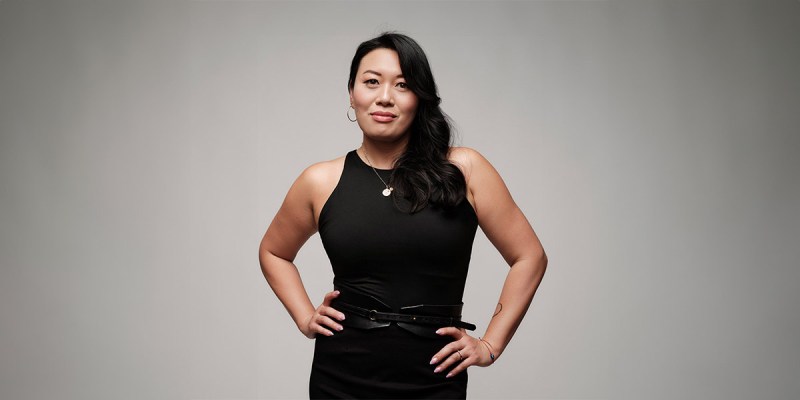By Connor Adams Sheets
Third in a series
As the petitioning period for the 2010 city election comes to a close, voters will soon learn whether the sizable investments candidates have made on this critical step have paid off.
Traditionally the most expensive part of the early campaign season, the collection of petition signatures is the only way political hopefuls can land on the ballot, which they must do in order to progress beyond the July 22 deadline to file petitions.
One of a handful of states that still requires all candidates to collect the signatures, New York is notorious for having a confusing and misleading petitioning system.
“It’s a broken, archaic system that does nothing but scare good people away from public service and makes the ones who stick it out paranoid and jaded,” one adviser to a northeast Queens Democrat’s 2010 campaign said.
But the system exists and it falls on petition gatherers, campaign consultants and the candidates themselves to navigate the treacherous waters of this annual ritual, being careful to avoid the petty pitfalls that have trapped many a well-intentioned but unprepared candidate.
Before beginning a petitioning run, a Queens candidate for City Council, state Senate, state Assembly or Congress must make sure to have at least $5,000 to $10,000 on hand and a wide base of volunteers, according to James McClelland, a campaign consultant who helped run the successful 2009 campaign of Councilman Peter Koo (R-Flushing). He is currently helping Isaac Sasson mount a bid to unseat Sen. Toby Stavisky (D-Whitestone). 
The number of signatures needed varies by position: 900 for a Council seat, 1,000 for state Senate, 500 for the Assembly and 1,250 for Congress, according to the state Board of Elections. These are the bare minimum requirements to get on the ballot in a primary in New York. Fewer volunteers equal more money needed to hire paid petitioners.
Campaign advisers recommend that canvassers collect about three times the required number of signatures, since just having a signature — or “sig” — is often not enough due to the strict rules that govern petitions. Any tiny oversight on a signature — such as missing the line through a “t,” illegibility, erasure or scratch marks or missing dates — can lead to a costly challenge in court, so smart campaigns will hire someone to “clean the sigs,” McClelland said, in order to ensure the challenges do not bring down a candidate.
The case of Democrat Frank Gulluscio’s special election bid last year to fill the southern Queens Council seat vacated by now Sen. Joseph Addabbo (D-Howard Beach) is a perfect example of how petition challenges, orchestrated by a savvy campaign adviser who declined to be identified and was paid to do the dirty job, eventually caused a formidable candidate — in this case, Gulluscio — to be removed from the ballot. The maneuver paved the way for Councilman Eric Ulrich (R-Ozone Park) to take the seat.
“Strong candidates will challenge your petitions and tie you up in court, force you to spend money and get you to stop campaigning,” said Don Capalbi, an aide to state Assemblywoman Grace Meng (D-Flushing). “Once the papers print that your petitions are challenged, it’s hard to go to people and say, ‘Give me money, I’m still running.’”
The best opportunity to gather large numbers of clean, legitimate petitions is through door-to-door canvassing, McClelland and Capalbi said, because this practice uses lists of registered voters and party members. Sitting at a table in front of a grocery store or stopping passers-by yields unreliable signatures, since people often accidentally misstate their affiliations and indicate they live in areas where they actually do not.
But no one works for nothing in Queens politics. Many volunteer canvassers have their sights set on loftier goals, so some political clubs reward those who do such unpaid work for their chosen candidates. The Democratic Club of Flushing expects the people it appoints to watch over and help run polling sites as election inspectors to first gather a certain number of petition signatures, according to former City Councilwoman and Assemblywoman Julia Harrison, who helps run the club.
“The people who you are placing in jobs like that are expected to collect signatures to a designating petition on which are listed all the people who are running in that September primary,” she said. “They have to collect a certain number of registered voters enrolled in the Democratic Party.”
But all the money spent on gathering and cleaning signatures does not go out the window once the hour is at hand and a candidate is on the ballot. It pays for itself twice, coming into play again by giving a well-run campaign a jump-start on its “voter ID list,” operatives on both sides of the aisle say. The list becomes an invaluable resource as the campaign moves forward.
But as always seems to be the case in Queens politics, even the inner-most workings of the machine are often just a piece of the pie.
“This is the operational aspect, but then you have the concurrent program of shaking hands, say if you do this for me, I’ll do this for you,” McClelland said. “You have to be able to form coalitions. That’s why Peter Koo was so successful.”
Reach reporter Connor Adams Sheets by e-mail at csheets@cnglocal.com or by phone at 718-260-4538.

